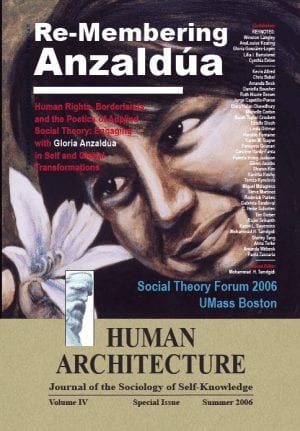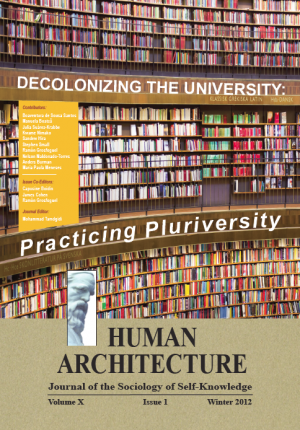Journal Article — How to Tame a Wild Tongue: Language Rights in the United States — by Panayota Gounari
$15.00
The call for a “common language” and a “shared identity that makes us Americans” not only hides a more pernicious social and cultural agenda but it is also part of the present attempt toward the ‘reorganization of a ‘cultural hegemony’ as evidenced in the conservatives on the multiplicity of languages spoken in the United States.
Description
Abstract
The call for a “common language” and a “shared identity that makes us Americans” not only hides a more pernicious social and cultural agenda but it is also part of the present attempt toward the ‘reorganization of a ‘cultural hegemony’ as evidenced in the conservatives on the multiplicity of languages spoken in the United States. This ultimately guarantees that these groups will remain repressed, marginalized and cut off from the wealth of resources that the dominant group has full access. As a result, the current debate over bilingual education has very little to do with language per se; the real issue that under-girds the English-Only movements in the United States is economic, social, and political control of a dominant minority over a largely subordinate majority that no longer fit the profile of what it means be part of “our common culture” and speak “our common language.” Along these lines, cultural difference is not simply the mere existence of different cultures but a particular constructed discourse at a time when something is being challenged about power or authority. It has to do with the ways economic and cultural goods are distributed, with questions of access and with maintaining power relations (Bhabha 1999). The attack on languages other than English denies immigrant children a basic human and civil right, namely the right to learn in their native language.
Recommended Citation
Gounari, Panayota. 2006. “How to Tame a Wild Tongue: Language Rights in the United States.” Pp. 71-78 in Re-Membering Anzaldúa: Human Rights, Borderlands, and the Poetics of Applied Social Theory: Engaging with Gloria Anzaldua in Self and Global Transformations (Human Architecture: Journal of the Sociology of Self-Knowledge: Volume IV, Special Issue, 2006.) Belmont, MA: Okcir Press (an imprint of Ahead Publishing House).
The various editions of Re-Membering Anzaldúa: Human Rights, Borderlands, and the Poetics of Applied Social Theory: Engaging with Gloria Anzaldua in Self and Global Transformations can be ordered from the Okcir Store and are also available for ordering from all major online bookstores worldwide (such as Amazon, Barnes&Noble, and others).
Read the Above Publication Online
To read the above publication online, you need to be logged in as an OKCIR Library member with a valid access. In that case just click on the large PDF icon below to access the publication. Make sure you refresh your browser page after logging in.







